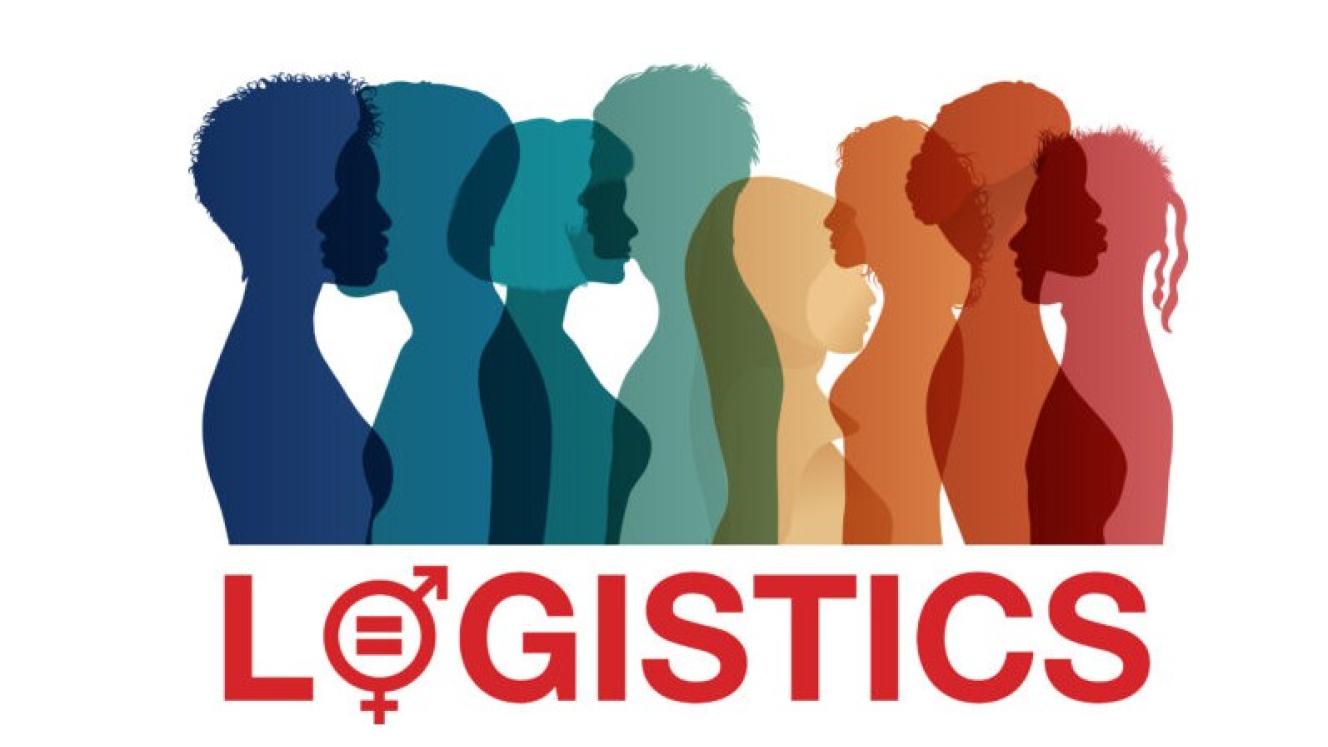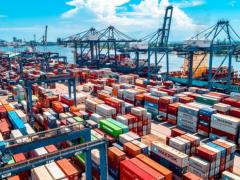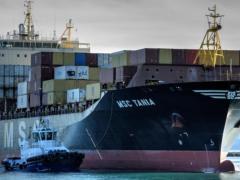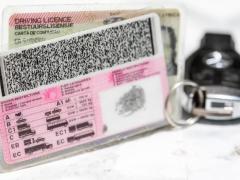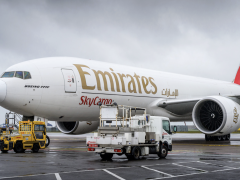Data highlighted in the Sapics Women in Supply Chain Leadership Survey revealed that 89% of men claim career advancement opportunities are equal across genders, while only 57% of women agreed.
More than a third of the women respondents strongly disputed this view.
The survey also showed that the gender pay gap was equally concerning, with just 25% of women believing salaries are equitable, compared to 63% of men. A total of 45% of women suspect that men earn more for equivalent roles.
Chief executive director of the Chartered Institute of Logistics and Transport South Africa (Ciltsa), Catherine Larkin, said the disconnect between male and female perceptions of workplace equity was “deeply concerning”.
“If male leaders don't see a problem, it's harder to solve one.”
Commenting on an upcoming conference aimed at addressing gender inequality in the industry, she said it’s “designed to bridge that gap while empowering women with the skills, networks and confidence needed to drive change.”
Globally, women constitute 41% of the supply chain workforce but occupy only 23% of vice president-level positions, according to industry data. In South Africa, women represent just 28% of the logistics and transport sector workforce.
Research from the Peterson Institute for International Economics, analysing 21 980 companies across 91 countries, shows a 15% profitability increase linked to greater female leadership. McKinsey & Company further notes that companies in the top quartile for gender diversity are more likely to achieve above-average profitability.
To address ongoing gender disparities in the industry, Ciltsa is set to host a Women in Logistics, Transport and Supply Chain Empowerment Conference in Johannesburg next month.
The conference, themed “Fuel Her Rise: Leadership in Motion,” aims to address gender disparities in an industry where women make up nearly half the workforce yet hold fewer than a quarter of senior leadership roles.
The event will take place at Birchwood Hotel and OR Tambo Conference Centre on 26 September.
It will tackle key challenges at sessions focused on:
• Overcoming impostor syndrome to build confidence and authority.
• Navigating the gender gap to seize leadership opportunities.
• Leveraging tools and technologies to accelerate women’s advancement.
• Sharing transformative insights from 2024 conference delegates.
Practical workshops will focus on leadership development, transformation and inclusion, offering career-altering opportunities for female business owners, employees and executives.
A new feature, the Imbokodo Hub, will serve as an exhibition space for small businesses, with a focus on women-owned and managed SMMEs, fostering connections and growth opportunities.
Registration is open with limited seats. The conference targets seasoned and emerging professionals in the logistics, transport, and supply chain sectors. For more information, visit https://www.ciltsa.events/women-empowerment-conference, email info@ciltsa.org.za, or call +27 87 133 0525/+27 83 300 0331.
